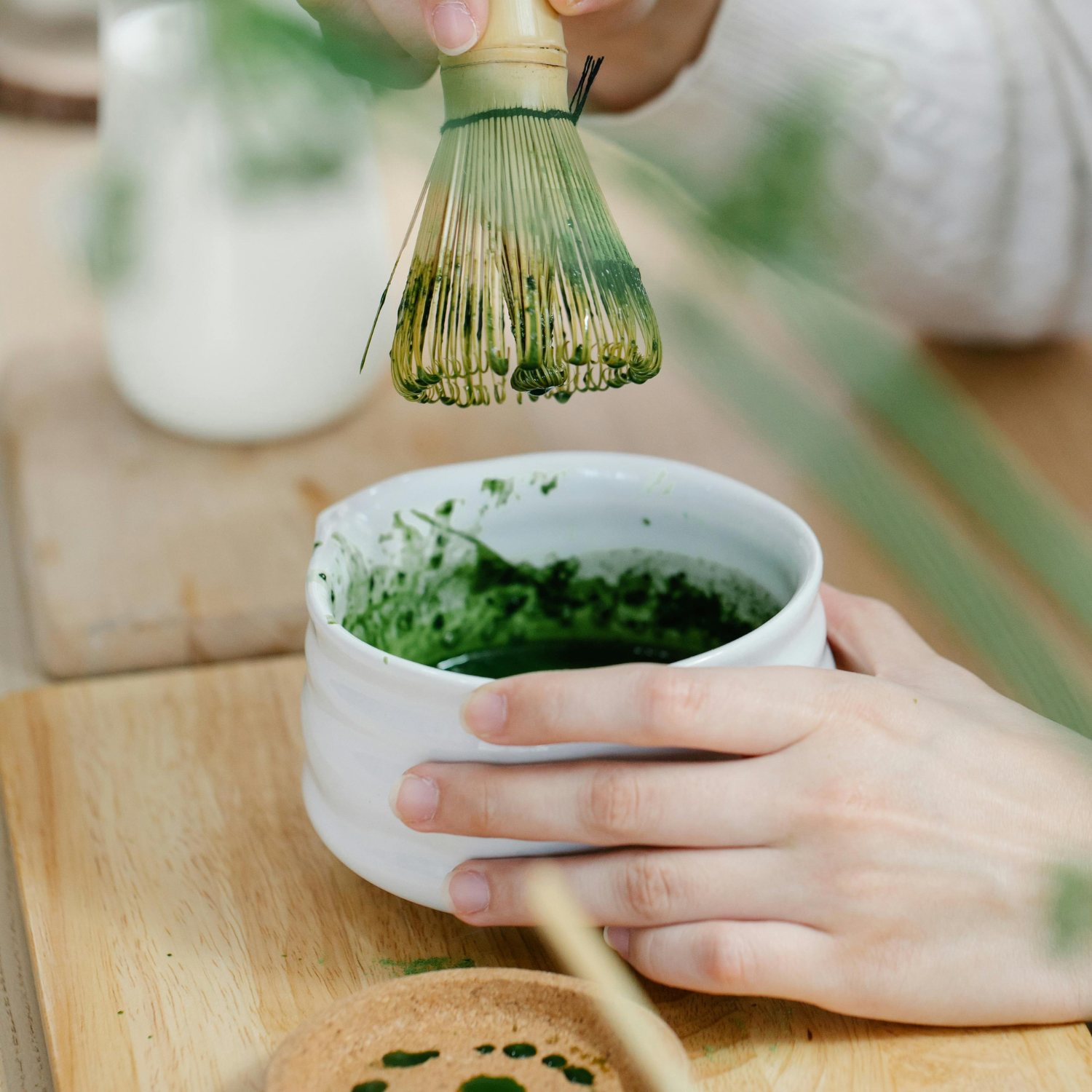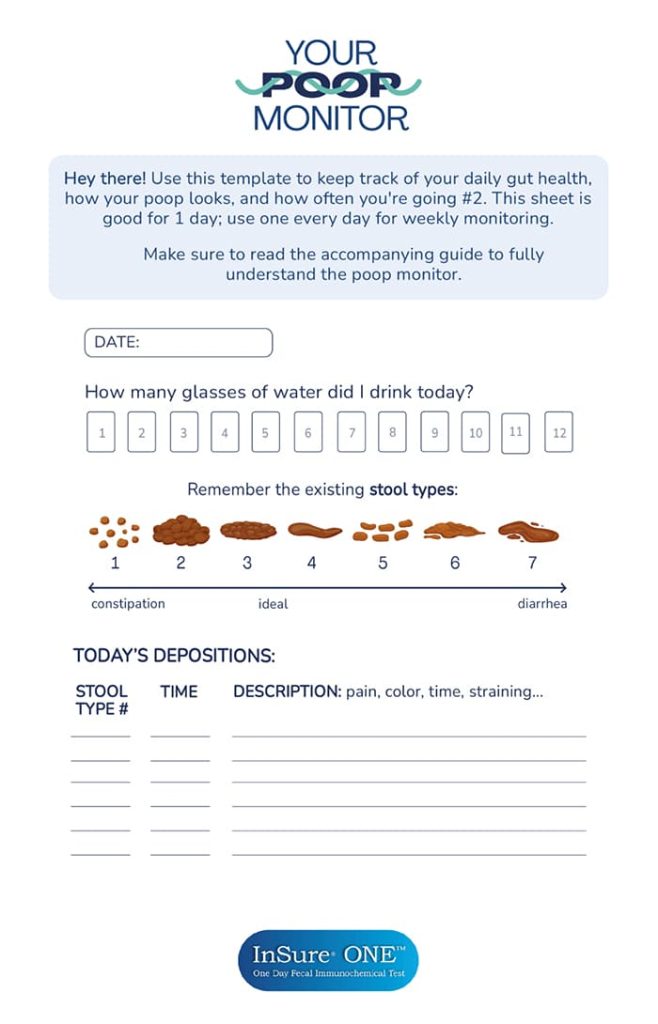What this antioxidant-rich tea can (and can’t) do for your gut.
Matcha is everywhere—from lattes to smoothies to skincare—but is it actually good for your gut? And more importantly, should it become part of your daily routine?
But First… What ExactlyIs Matcha?
Matcha is a type of powdered green tea that comes from the Camellia sinensis plant—the same plant used to make regular green tea. But here’s the twist: instead of steeping the leaves and tossing them, matcha involves grinding the entire leaf into a fine powder. That means when you drink matcha, you’re consuming the whole leaf—and all the nutrients packed inside it.
It’s bright green, slightly bitter, and traditionally whisked with hot water into a frothy drink. Unlike regular tea, matcha delivers a more concentrated dose of antioxidants, L-theanine (a calming compound), and a gentle form of caffeine that promotes calm focus, without the crash.
Let’s break down what the science (and gut health experts) say about this viral tea.
- Matcha feeds the good bacteria in your gut.
Matcha contains natural plant compounds called polyphenols—think of them as food for the helpful bacteria living in your gut. One group, catechins, offers antioxidant benefits and acts like prebiotics by helping good gut bacteria grow.
Research shows that polyphenols can help increase friendly bacteria like Lactobacillus and Bifidobacterium. These are known to support healthy digestion and boost your immune system.
- It may help reduce inflammation in the gut.
Matcha’s anti-inflammatory properties may benefit the gut lining and reduce symptoms like bloating or mild GI discomfort. Research has shown that green tea catechins can help decrease intestinal inflammation, especially in cases of inflammatory bowel disease.
- It gives you a calm energy boost without irritating your stomach.
Unlike coffee, matcha contains L-theanine, which helps balance the effects of caffeine. This amino acid promotes calm focus and may reduce stress on the digestive system, leading to smoother energy and fewer gut-irritating effects.
- But moderation matters—especially for sensitive stomachs.
Drinking too much matcha can cause GI upset in some people, particularly due to its caffeine and tannin content. One study notes that higher caffeine intake can exacerbate stomach discomfort, especially in people with reflux or IBS. One cup a day is generally considered safe and beneficial.
So… should you drink matcha daily?
**For most people, yes—**a daily cup of matcha can support gut health thanks to its prebiotic effects, antioxidants, and anti-inflammatory compounds.
Just listen to your body and don’t overdo it.

